From Brisk Yeshiva to the UAE: Rabbi Krakowski Becomes a Familiar Face in the Gulf States
Rabbi Yissachar Dov Krakowski, an Orthodox Jew, comfortably navigates the Gulf States, meeting princes and posing with heirs. In an exclusive interview, he reveals how a Jerusalem scholar cultivates relationships with the kingdom's leaders in Saudi Arabia and the UAE.
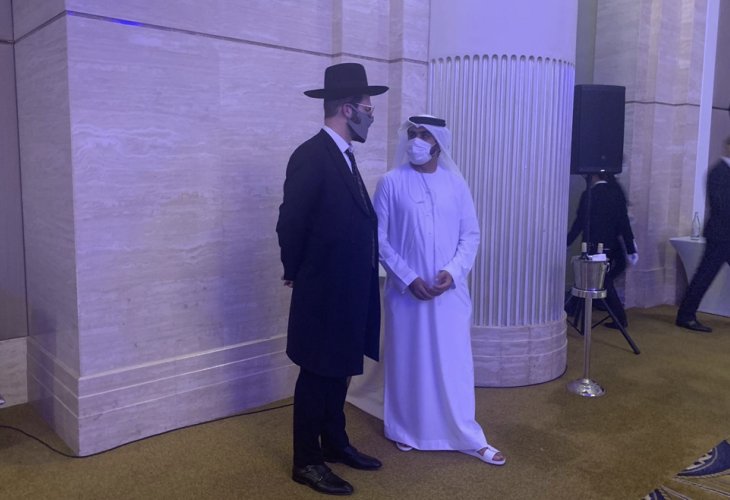 Rabbi Yissachar Dov Krakowski in the United Arab Emirates
Rabbi Yissachar Dov Krakowski in the United Arab EmiratesAgainst the backdrop of the peace agreement signed between Israel and the UAE and Bahrain, I met the man who didn't wait for a formal signature and has long maintained relations with the governing systems in the Gulf States. "I'm the head of a kollel in Jerusalem," Rabbi Krakowski says, "but I have no intention of opening a branch in Abu Dhabi," he adds humorously.
Rabbi Yissachar Dov Krakowski, originally from the United States, now lives with his family in Jerusalem. He is the son of a former U.S. Deputy Secretary of Defense under Reagan (1985). His life is a diverse mosaic of endeavors, the most notable being the head of a kollel at the 'Heichal HaTorah' Yeshiva (Pressburg) in Jerusalem, and he also serves as a supervisor for the OU kosher certification in Israel. Recently, his picture was published with princes from the UAE, dressed in traditional attire. Given the somewhat unusual connection, a raised eyebrow was an understandable reaction. We decided to investigate.
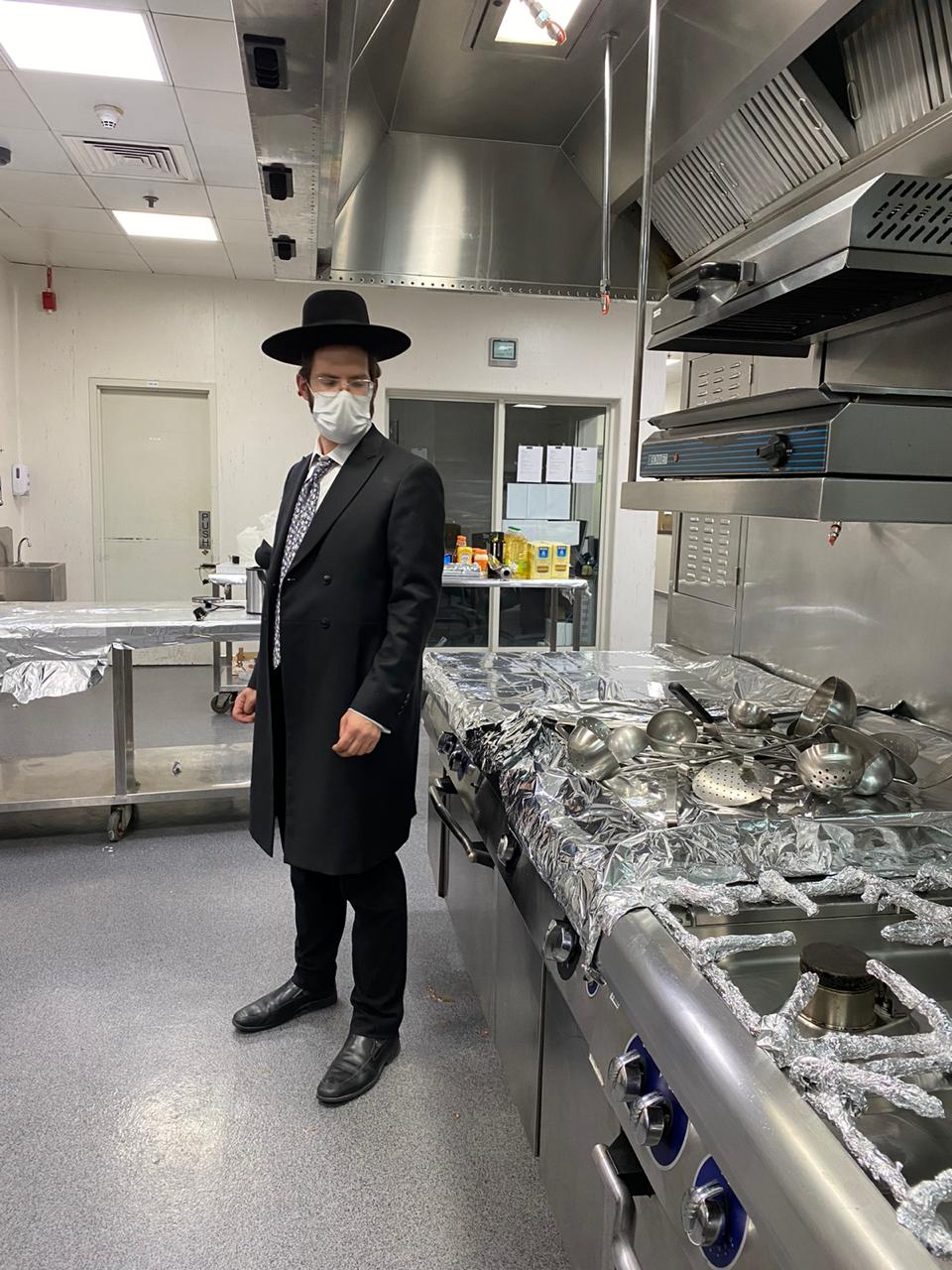
How does an Orthodox Jew, looking like a kollel scholar, end up in Abu Dhabi and even meets the top leadership?
"I don't know if you're asking me physically, or conceptually. But I'll answer both. Physically, reaching Abu Dhabi in normal times, meaning before COVID, was through Amman, Jordan's capital, and directly to Abu Dhabi. However, due to COVID, the standard routes were disrupted, and I attempted to fly via Turkey, but they do not accept flights from the Emirates. So I had to fly through Europe, significantly lengthening the journey. As for what connects me to Abu Dhabi, I'll elaborate. There is an American businessman with an apartment in Rechavia. When he arrived in Israel, he wanted a rabbi to accompany him from a spiritual perspective. During our connection, he told me about a year ago that he received an invitation from Saudi Arabia's Crown Prince Mohammed bin Salman for a three-week visit. For this, he approached a kosher supervisor based permanently in Abu Dhabi and asked him to kosher his host's kitchen in Saudi Arabia. This opened a conversation about kosher supervision in remote parts of the Jewish world. I am the son of a former U.S. Deputy Secretary of Defense under Reagan. My father was an Orthodox Jew who observed the Torah and commandments. In his role, he traveled globally, often in places where kosher food wasn't readily available. My father would direct questions that arose to Rabbi Moshe Feinstein, and later to his son Rabbi David Feinstein and to Rabbi Belsky. Over the years, I learned what requires kosher supervision and what does not, what is ideal and what is permissible under less ideal circumstances. I became familiar with all the potential issues that could arise when staying in a foreign country. Upon hearing this, the businessman asked if I would agree for the supervisor he appointed to contact me for guidance. This is because the supervisor is young and lacks decision-making capabilities, and there are many questions regarding areas like eruvine, kitchens, meat and milk, and non-kosher. Through this, I formed a connection with the supervisor of the businessman's trip. Subsequently, the supervisor strengthened his relationship with me and asked further questions about kashrut unrelated to the businessman but other Gulf states where he supervises. This is how we strengthened our bond."
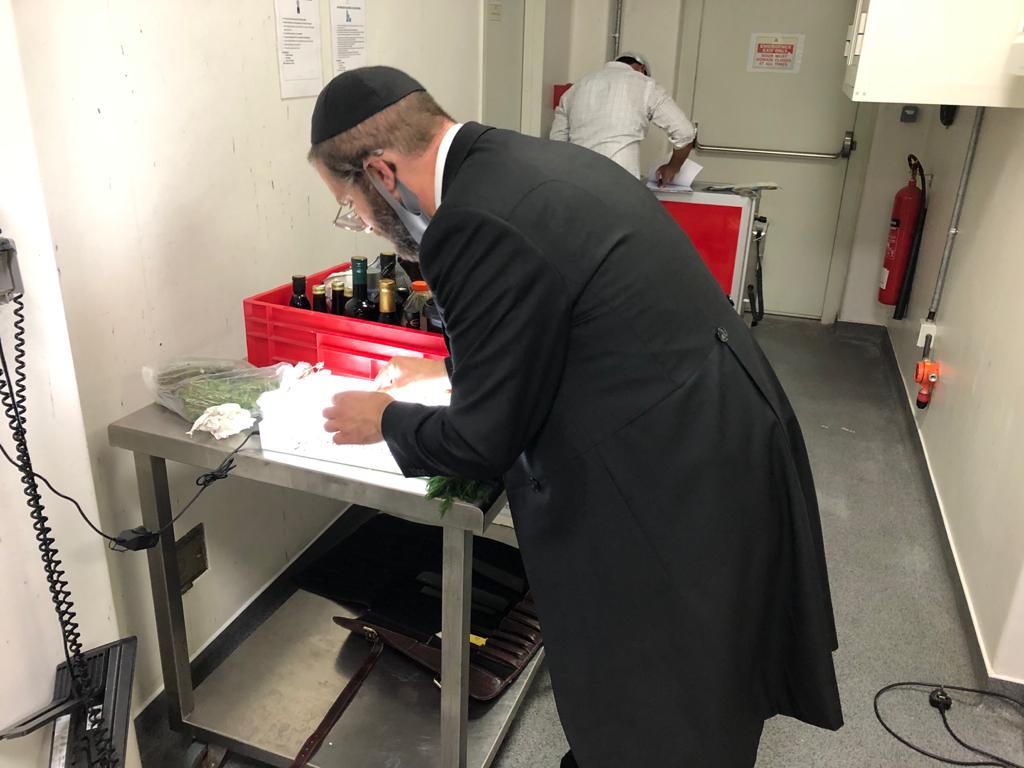
But from kosher supervision advice to meetings with leaders, there's quite a difference?
"It didn't start immediately. Initially, I traveled to assist with koshering matters and the local community, and from there the path was very simple because the princes and regular residents have a desire to take pictures with a Jewish rabbi. It's a type of icon; it's not just another picture. Like sometimes when we walk to the Western Wall and a Japanese tourist stops you because it's an interesting picture. So they invited a Jewish rabbi, hoping to capture interesting photographs to boast about."
Staying in a Foreign Muslim Country – With Orthodox Attire
The United Arab Emirates is a federation composed of seven states, some of which you may never have heard of: Ajman, Fujairah, Abu Dhabi, Ras Al Khaimah, Dubai, Umm Al-Quwain, and Sharjah. The Jewish community in the Gulf area is mainly centered in Dubai and Abu Dhabi; in the other union states, there are no Jewish communities.
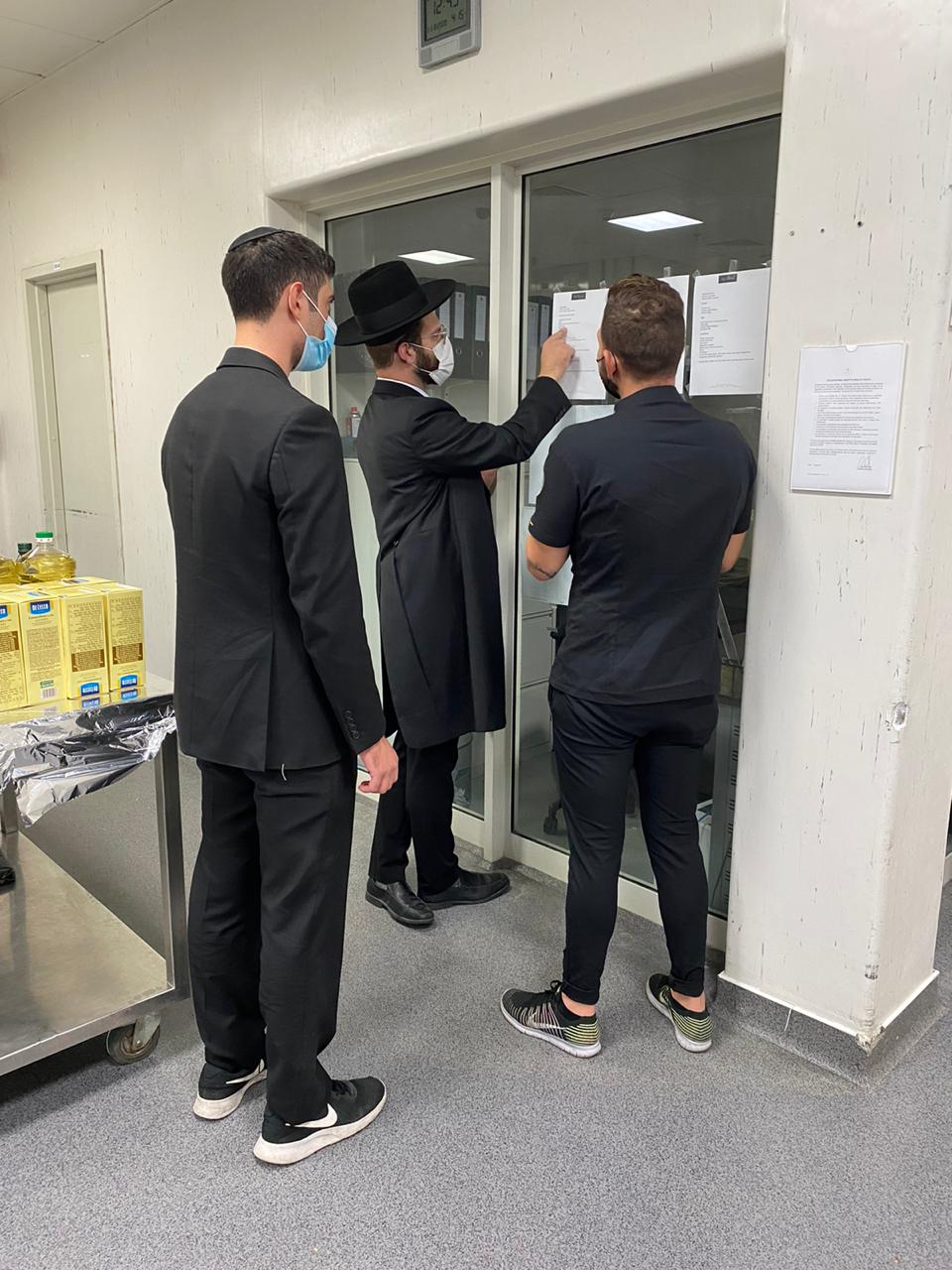
What do you know about the number of Jews and the communities living in these countries?
"I don't have an exact number to give you, but estimates range from about 1,000 to 3,000 Jews. Like every Jewish community, there are two synagogues. The older synagogue has about 50 regular attendees every Shabbat, and about 150 on Rosh Hashanah. The prayer style in the old synagogue is actually Ashkenazi. In the second synagogue, about 40 people pray in the Persian Jewish tradition. Unfortunately, the rest of the Jews living in Abu Dhabi and Dubai do not observe the Torah and commandments."
What is the origin and roots of the community?
"Fundamentally, this community is very different from the community in Bahrain, where the community has existed for many generations. Their grandparents, and the grandparents of their grandparents, prayed there. Yet, in Abu Dhabi and Dubai, a community has formed of Jews who came for business, studies, or medicine, but it's not a deeply rooted ancient community."
Now for the most obvious question. Are you not afraid to stay in a foreign Muslim country?
"I am not afraid at all; everyone here likes the Jews, and Israelis in particular. I'll give you an example. When local residents ask me where I'm from, I reply that I'm American, and I see they are very disappointed; they expect to hear I'm Israeli. To them, Israel means high-tech, power, it's Bibi Netanyahu, whom they particularly like."
Rabbi Krakowski emphasizes another point: "I don't hide my identity there. On the contrary, I walk proudly with my attire, hat, and suit, and they like it. I can tell you that I feel much safer here than in France, where there are more anti-Semitic incidents against Jews. I'll even tell you that once the head of the community in Dubai, Mr. Ross Kriel, told me that he did feel one instance of anti-Semitism in the Gulf, but it was from European tourists in the area. The locals here do not hate Jews, and most of them even like us very much."
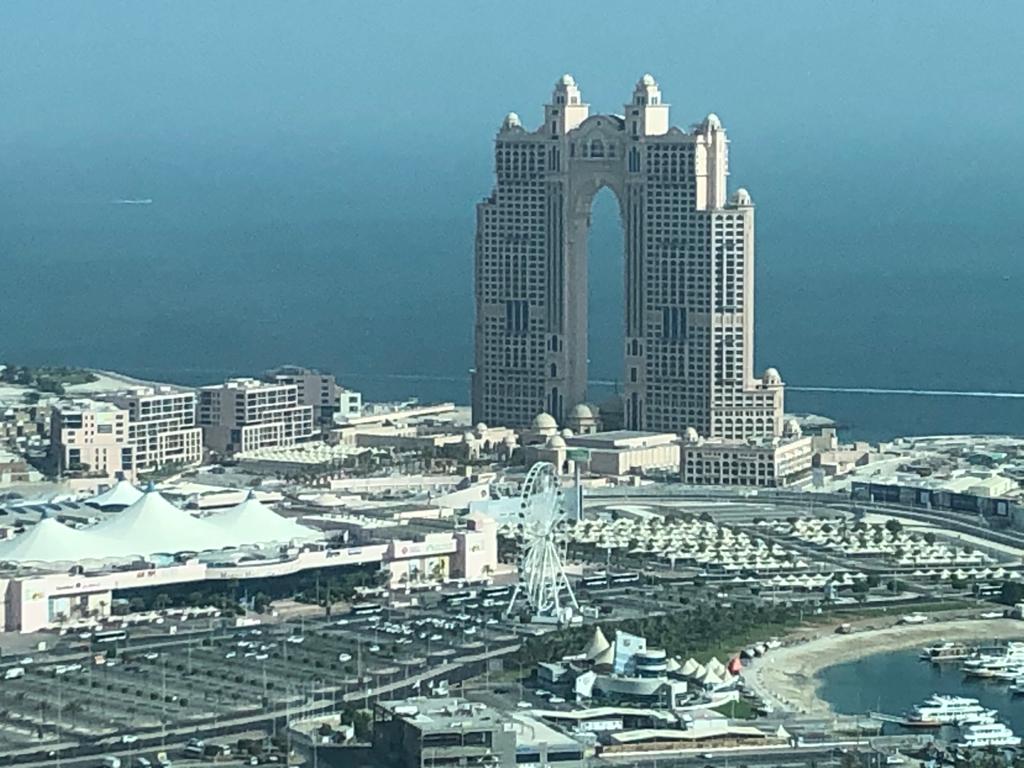
If the Gulf States like us so much, why, in your understanding, doesn't Saudi Arabia jump on the bandwagon and join the peace agreement signed with Bahrain and the UAE? What do you hear behind the scenes?
"I don't engage in politics, and my discussions with the princes and heirs are not about politics. That's not what interests them in me. But as I understand from the side conversations and the spirit of things, Saudi Arabia is a strong supporter of all these agreements, and without the green light it gave to other states, the peace agreement we see now might not have come to fruition. In any case, Saudi Arabia is not just another state, it is a land symbolic of Islam because of the city of Mecca and other historical elements. Thus, when Saudi Arabia makes a move, it has to take into consideration the global Muslim public opinion. I'll illustrate with an example. The State of Israel is not considered a religious state, but if a move that might provoke anger among the religious is about to be made, it's avoided, even if they don't believe it should be avoided. But they understand that the State of Israel symbolizes the Jewish people and Judaism. This is how things also work in Saudi Arabia. But I believe that the day will come when they overcome this issue, and a peace agreement will be signed with them as well."
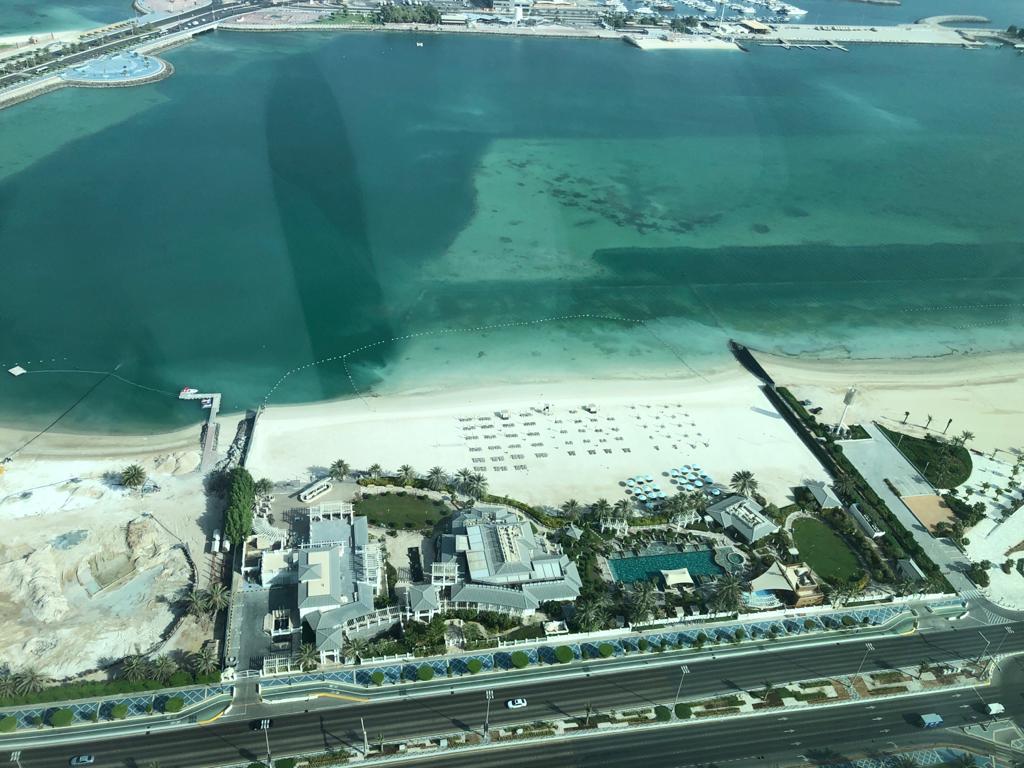
From Brisk Yeshiva to the UAE
Rabbi Krakowski never dreamed that from the study hall he regularly frequents day and night, he would find himself meeting one by one with the Gulf princes. "I studied at 'Brisk' Yeshiva in Jerusalem, considered a yeshiva for gifted and diligent scholars from the select of the yeshiva world, coming to study and learn more about 'Brisk’s' historic method. One day, Rabbi Belsky from the OU kosher certification asked me to join the organization's koshering efforts. I hesitated a bit, but he didn't give up, and I found myself deeply involved in the kosher team. One day, I met Rabbi Zvi Kushelievsky, head of the 'Heichal HaTorah' Yeshiva (Pressburg), who has a family connection; he is my wife's uncle. He asked me to come and learn at his yeshiva. There I received a position as a responder. Later, he appointed me head of the kollel at the yeshiva. I belong to the study hall but do not forget about the Jews in the diaspora, needing support in everything related to Judaism and community."
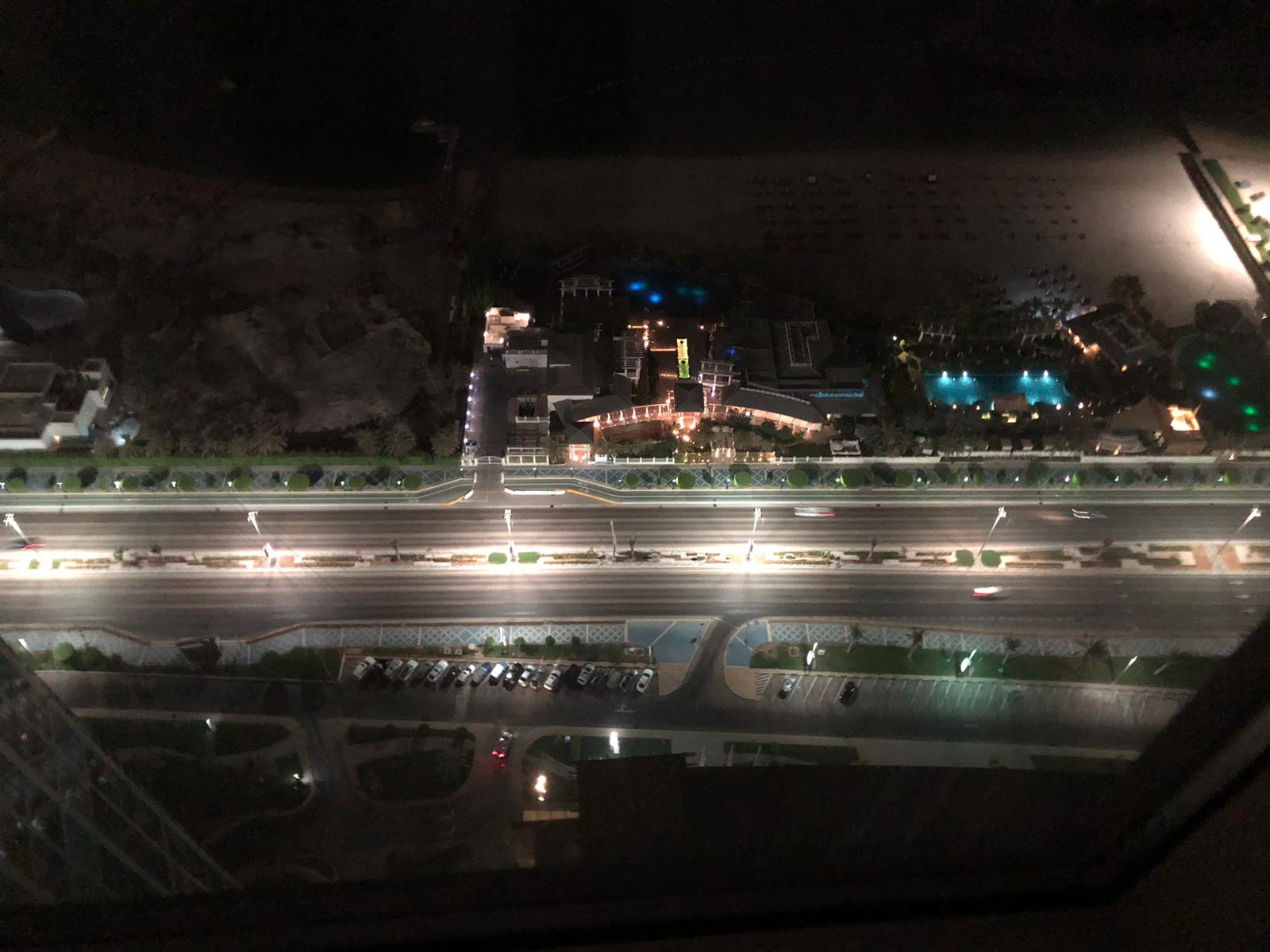
Are you traveling there on Rosh Hashanah?
"Rabbi Yehuda Sarna is the rabbi of the entire UAE. For Rosh Hashanah, a rabbi from Israel traveled to Dubai to guide them through all the holidays. We even received sponsorship from the World Zionist Organization, which was difficult because some of their requirements were that the rabbi be a military service veteran, and he's not. With some maneuvers, I ensured that strengthening the community in the UAE would be considered civilian service, which, thank Hashem, meets the criteria."
Did you also participate in the first conference between Israel and the Emirates held about two weeks ago?
"Yes, I was part of the team responsible for koshering. Many members of the Israeli delegation observe kashrut, even strictly adhering to stringencies, not compromising on anything less. Hence, I took responsibility for organizing them the most stringent kosher meals. I arrived with four suitcases; in three, I packed all types of meats and poultry for the Israeli delegation, and in the fourth, I brought a variety of dairy products and cheeses fit for a king. But what happened eventually was that the hotel staff hosting the delegation in Abu Dhabi didn't fully understand the guidelines we gave them regarding separating dairy and meat kitchens. Hence, a severe kosher problem arose on the ground. We decided to give up on the meat, and guests were served only dairy or pareve meals. The Jewish lady from the kitchen was the real winner, as I left all the ingredients with her. I am sure she won't lack meat for the festival and long after."
"I participated in other conferences, like the Presidents' Conference held here," Rabbi Krakowski reveals, "not everyone heard of all the conferences held here, but there were many," he adds, also sharing about what happens between the conferences: "We have several large factories here receiving kosher certification from us. On my way to Saudi Arabia, I regularly stop in Dubai; issues of kosher or community questions always arise. Hence, even when returning from Saudi Arabia, I stop again in Dubai to closely monitor developments. Thank Hashem, there has been significant growth here, and we are currently advancing several projects. I feel the area is truly calling us and serves as a safe place for investment and growth."
Princes, Heirs, and the Royal Family
For those of us who aren't fully versed in the difference between princes, heirs, and the king, Rabbi Krakowski reassures us: "I met various Saudi princes. I am not allowed at this stage to disclose exactly whom, but even I got entangled in their close relations, who is a brother, who is a cousin. It's hard to know precisely because each one has several wives, of whom one might be a sister of someone, a niece of the late king, and a cousin of the prince; in short, it's complex. Only someone who has studied Yevamot in depth would understand how all the family dynamics work there. I also met the foreign minister, who is also something of someone. In Dubai, I met the heir apparent, Sheikh Hamdan bin Mohammed bin Rashid Al Maktoum. In short, everything is kept within the family."
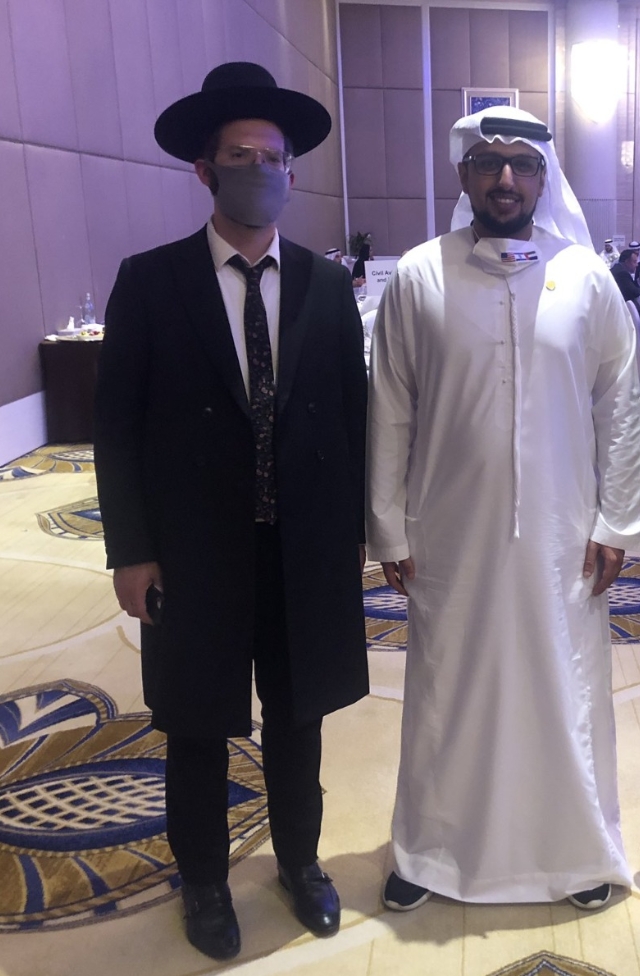
If there is a king, why are the princes mainly mentioned? Isn't the king the one who decides?
"There is a slight difference between the approach of Arabs in our region and Arabs in the Gulf. Here they wish to honor the child, so they apply names connected to the child, like 'Abu Mazen', which isn't really his name; his real name is Mahmoud Abbas, but because his son's name is Mazen, they wish to honor Mazen. Similarly, 'Abu Hassan', and so on. But there, the son is named after the father; when mentioning his name, they say whose son he is, and that's to honor the father. But in reality, since the son is the heir, he receives most of the respect and is the one who actually decides. The father, the king, is only asked for protocol or for respect. By the way, one of the reasons given for why there isn't a peace agreement with Saudi Arabia is that the father of the heir is a bit old school and belongs to the more extreme current, and his son the heir wants to honor him. But after his death, it seems that Saudi Arabia will indeed pursue a peace agreement with Israel."

